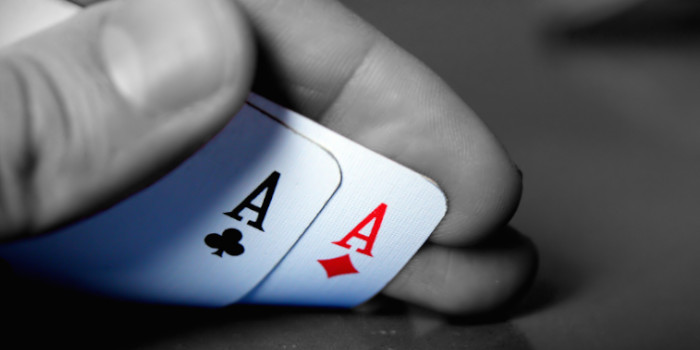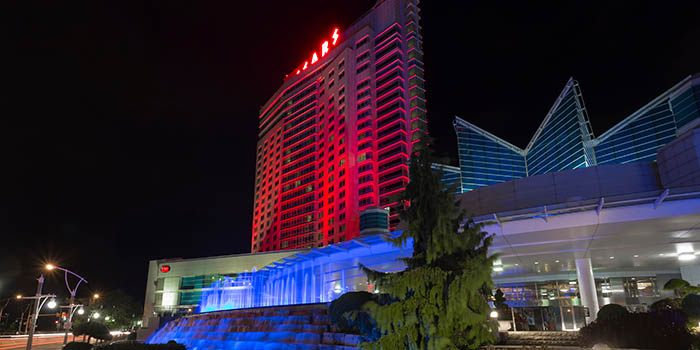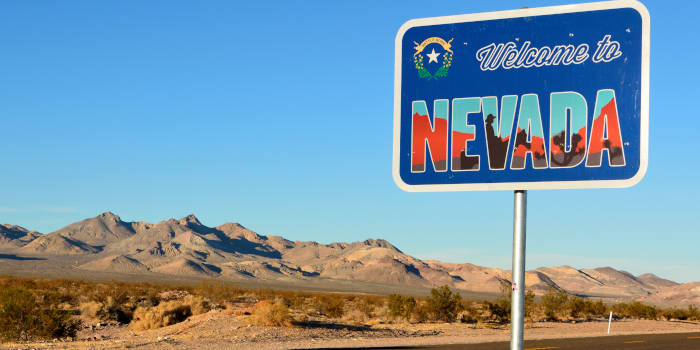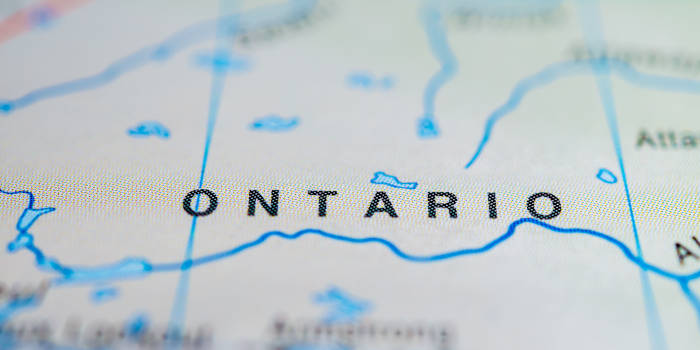Appeals Court Urged to Reverse Seminole Compact Invalidation
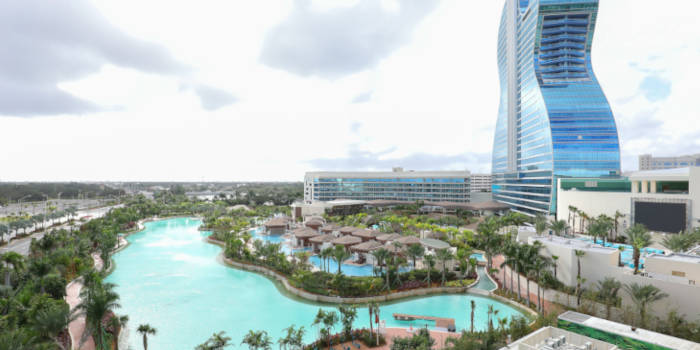
The future of sports betting in Florida through placing servers on tribal grounds isn’t decided yet, and it’s been more than a year at this point. It would be so much easier if Floridians just made it clear whether they want it or not, as this would make legalizing sports betting in Florida so much easier.
Florida Sports Betting Legal Battle Continues
On Wednesday federal lawyers called for an appeals court to reverse an invalidation of the gambling compact between Florida and the Seminole Tribe. The compact effectively gave the tribe a monopoly over sports betting in the state and was earlier agreed upon by Florida Governor Ron DeSantis and the Seminole’s own chairman – Marcellus Osceola Jr.
Judge Dabney L. Friedrich of the US District Court in the District of Columbia ruled to invalidate the gambling compact in November 2021, saying that the compact was an attempt at circumventing the state’s constitutional ban on expanding gambling outside of tribal land without voter approval.
The compact would achieve this by granting the Seminole sole control over sports betting by running all sports wagers through servers located within tribal grounds. This technique has already been seen, an has been nicknamed the hub-and-spoke model when talking about sports betting and regulation.
Lawyers for the Seminole Tribe, the US Department of Interior, the State of Florida, and the plaintiffs — West Flagler Associates, which owns Bonita Springs Poker Room and Magic City Casino, all spoke before the Court of Appeals for the District of Columbia Circuit.
The issue put forward was whether Deb Haaland, Secretary of Interior and part of the agency overseeing tribal gambling, acted in accordance with the Indian Gaming Regulatory Act (IGRA) when she took no actions, in effect letting the agreement between Governor Ron DeSantis and the Seminole Tribe.
Case Might Be Crucial in Future Tribal Rulings
This hub-and-spoke model has already been proven controversial when it comes to regulation, but outside of that, it’s a widely used paradigm, employed in transport, software architecture, and more. The issue here is not the model itself, but whether implementing sports betting using this model is strictly legal.
This puts forward the question of where the legality of the betting process lies – at the user’s end, or on the operator’s end, or maybe both? The issue of where exactly is a mobile sports bet made has been a hot topic for some regulators. However, it’s still in legal limbo, and there isn’t a single legal solution of the problem in sight.
This means that while the current case might be boiling down to the interpretation of the law and the compact, it might serve as a precedent on how other similar tribal cases can be ruled. As such, the importance of the court’s decision on the matter might eventually affect not only the Seminole Tribe but all Native American tribes in the US that rely on similar interpretations of the law.
Kyamil is a big tech fan, who loves hummus on everything and has enjoyed writing from a young age. From essays, through personal art, to news pieces and more serious tech analysis. In recent years he’s found fintech and gambling collide with all his interests, so he truly shares our core passion for the entire gambling scene and furthering the education of the mass citizen on these topics.


